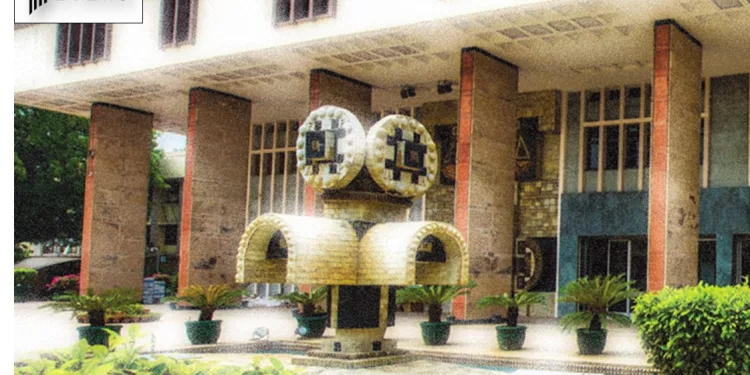Delhi High Court Grants Bail to Accused in Kidnapping-for-Ransom Case, Emphasizes Liberty of Undertrials

In a significant development, the Delhi High Court has granted bail to Shah Alam, the accused in a high-profile kidnapping-for-ransom case. The court, in its judgment pronounced on June 7, 2023, highlighted the importance of personal liberty and emphasized that the severity of the offense alone should not be the sole factor in denying bail to an undertrial.
The case, registered under Sections 364A, 365, 342, 323, 506, 120B, and 34 of the Indian Penal Code (IPC), pertained to the alleged kidnapping of a 24-year-old woman for ransom. The petitioner, Shah Alam, who is a young man with no prior criminal record, sought regular bail through a bail application filed under Section 439 of the Criminal Procedure Code (CrPC).
During the bail hearing, the prosecution argued that the offense committed by the petitioner was grave and punishable with life imprisonment. They contended that denying bail was necessary to ensure the accused’s presence at the trial and prevent tampering with evidence. However, the defense counsel highlighted several discrepancies and gaps in the prosecution’s case, including delays in filing the First Information Report (FIR) and inconsistencies in the victim’s statement.
Hon’ble Mr. Justice Vikas Mahajan, presiding over the case, examined the arguments presented by both sides. In his judgment, Justice Mahajan emphasized that the purpose of bail is to secure the presence of the accused at trial and that depriving an undertrial of liberty should not be considered a form of punishment before conviction. The court further stated that the severity of the offense should not curtail personal liberty indefinitely unless there is a genuine likelihood of absconding, evidence tampering, or witness intimidation.
Considering the circumstances and the stage of the case, where the charge sheet had already been filed and the petitioner had been in custody for nearly three years, Justice Mahajan granted bail to Shah Alam. The court ordered the petitioner to furnish a personal bond of Rs. 20,000/- with one surety bond of the same amount, subject to certain conditions, including providing his permanent address, appearing before the court as required, and refraining from any criminal activity or contact with the victim or her family.
This judgment by the Delhi High Court emphasizes the principle of personal liberty and highlights that the severity of an offense should not be the sole ground for denying bail. The decision serves as a reminder that deprivation of liberty should be considered a punishment and that an undertrial should not be held indefinitely unless there are specific reasons to believe they may abscond or interfere with the judicial process.
The judgment also brings attention to the need for a balanced approach in considering bail applications, where the court must evaluate individual circumstances and the likelihood of fair trial and justice being served. This ruling will undoubtedly contribute to the ongoing discourse surrounding the rights of undertrials and the proper application of bail provisions in the Indian legal system.
Date of Decision: June 7, 2023
SHAH ALAM vs STATE GOVT OF NCT OF DELHI






